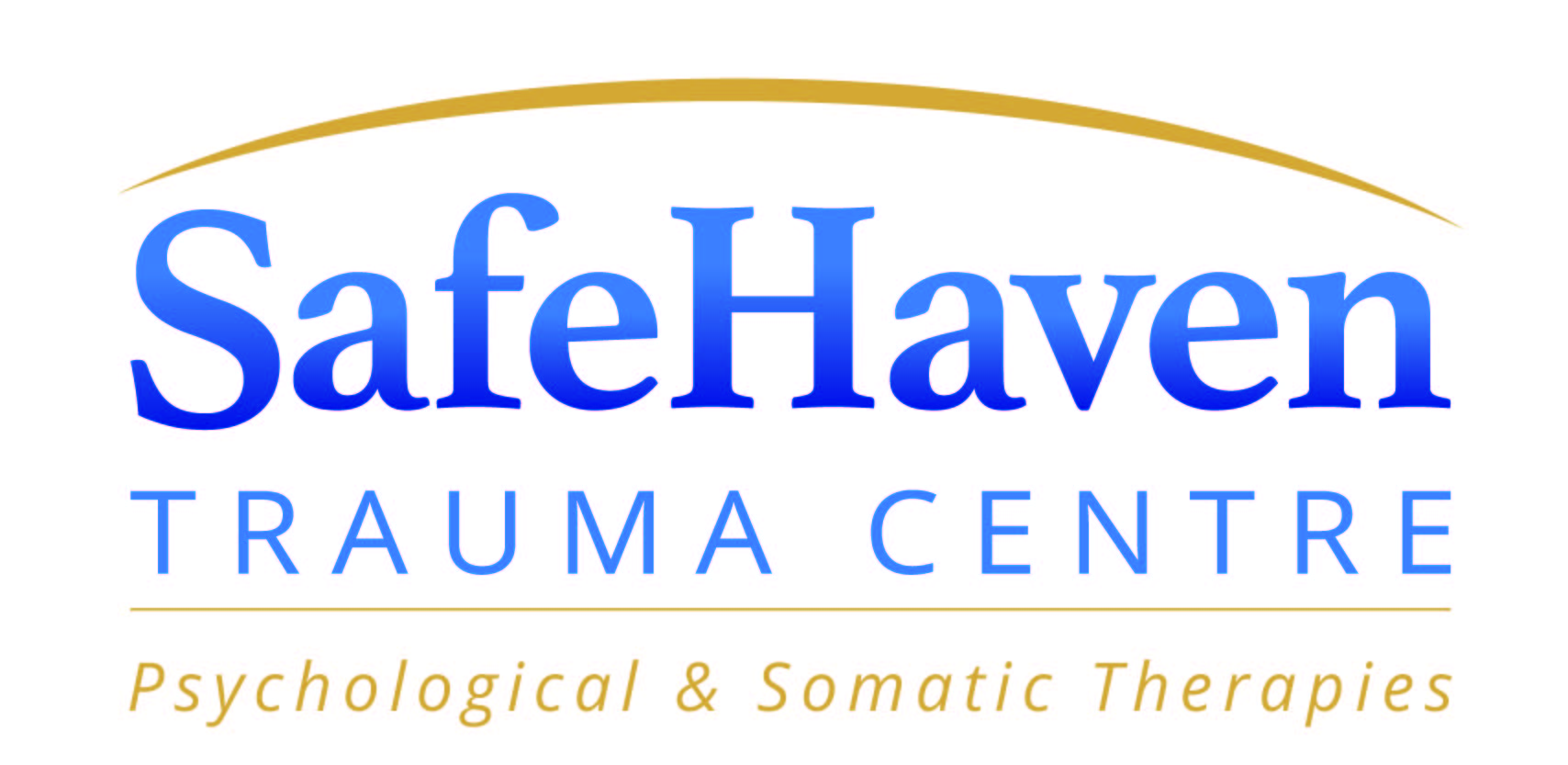Dolphin Therapy Retreat - SafeHaven Trauma Centre
Dolphin Assisted Therapy Retreat
This is a intensive treatment retreat that takes place in the Bahamas over 5 days.
What happens during the retreat?
Before you arrive
We will contact you and arrange for an initial consultation. We will take the time to understand what you require help with, take a medical history, determine condition/symptom severity and discuss and evaluate suitability of the programme for you and how your sessions need to be structured to suit your needs.
On the retreat
You are part of a small group of people (maximum 10) who fly to the Bahamas for 5 days of intensive therapy.
You are assigned a primary therapist who will be with you throughout the retreat and who will ensure your safety and welfare is paramount throughout your treatment.
Each day comprises several therapy sessions including:
- Dolphin assisted therapy
- Bio-aquatic craniosacral therapy (in a pool or the sea)
- Craniosacral therapy/combination therapy
- Psychotherapy
- Meditation
- Mindfulness practice
- Education sessions, including:
- Understanding Trauma (for everyone)
- Supporting a Traumatised Person (focused on care-givers)
The initial assessment ensures treatment is tailored to your needs during the retreat.
After the retreat
We will contact you and arrange for a follow-up consultation. We will reassess your original condition/symptom severity and discuss and evaluate the effectiveness of the programme for you. We will also discuss your welfare and well-being and if you require additional aftercare support.
Your therapy retreat team
Your team comprises:
- Mental Health Professionals, who are are all trauma specialists
- Experienced craniosacral therapists
- Mindfulness & meditation practitioners
You will have a minimum of 2 dedicated therapists supporting you through the programme.
Is dolphin assisted therapy right for you?
Dolphin assisted therapy can be used to treat a wide range of mental health and physical conditions. Combined with aftercare you can expect to reduce or eliminate symptoms causing mental distress and have a greater understanding of the problems you face and strengthened coping skills. You can also expect to experience increased sense of physical well-being, increased mobility and reduced pain and discomfort.
As it is an intensive short term approach, it is often best combined with aftercare, to help people continue with the changes they begin on the programme and integrate them into their lives. As it is usually unlike anything anyone has experienced before an open mind and a willingness to work in a group, as well as individually, are key to it being successful for you.

